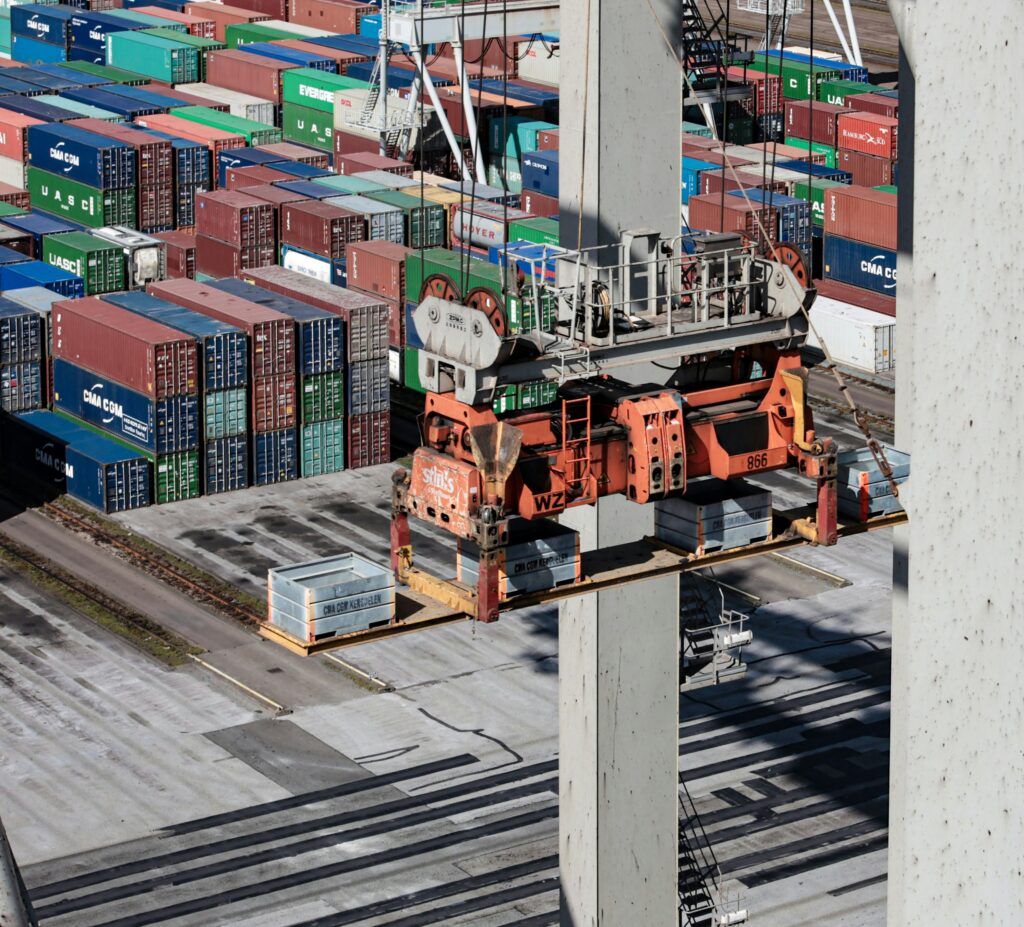On 31 October 2025, the Framework Law on Inland ports was definitively approved, replacing Law No. 240 of 1990, which was no longer adequate for the current needs of the logistics sector.

The reform introduces a new comprehensive framework for inland ports, which are now recognized as strategic infrastructures of national interest and key hubs for the development of intermodality in freight transport. Inland ports serve as the main connection points between different modes of transport – road and rail – where goods are transferred from trucks to trains and vice versa.
The law, consisting of eight articles, sets out the main guidelines for the planning, management, and enhancement of the national interport system.
Key measures include:
- the establishment of the National Committee for Intermodality;
- the assignment to the Ministry of Infrastructure and Transport (MIT) of the task of surveying existing interports and approving a General Plan for Intermodality, to be adopted within one year;
- the possibility for inland ports operators to act under private management, with the option to acquire ownership of the areas;
- a maximum limit of 30 interports, giving priority to projects considered strategic for the national network.
The law also provides for the completion of the TEN-T (Trans-European Transport Network) infrastructures and requires that interports ensure direct connections with ports, airports, and main transport corridors, including rail terminals suitable for the formation and reception of complete or conventional intermodal trains.
Public entities – the State, Regions, and local authorities – will no longer own inland ports areas, which may instead be acquired by private entities. The Ministry of Infrastructure and Transport will also be responsible for allocating resources and making decisions regarding the identification and planning of inland ports, which will no longer fall under the competence of regional or metropolitan authorities.